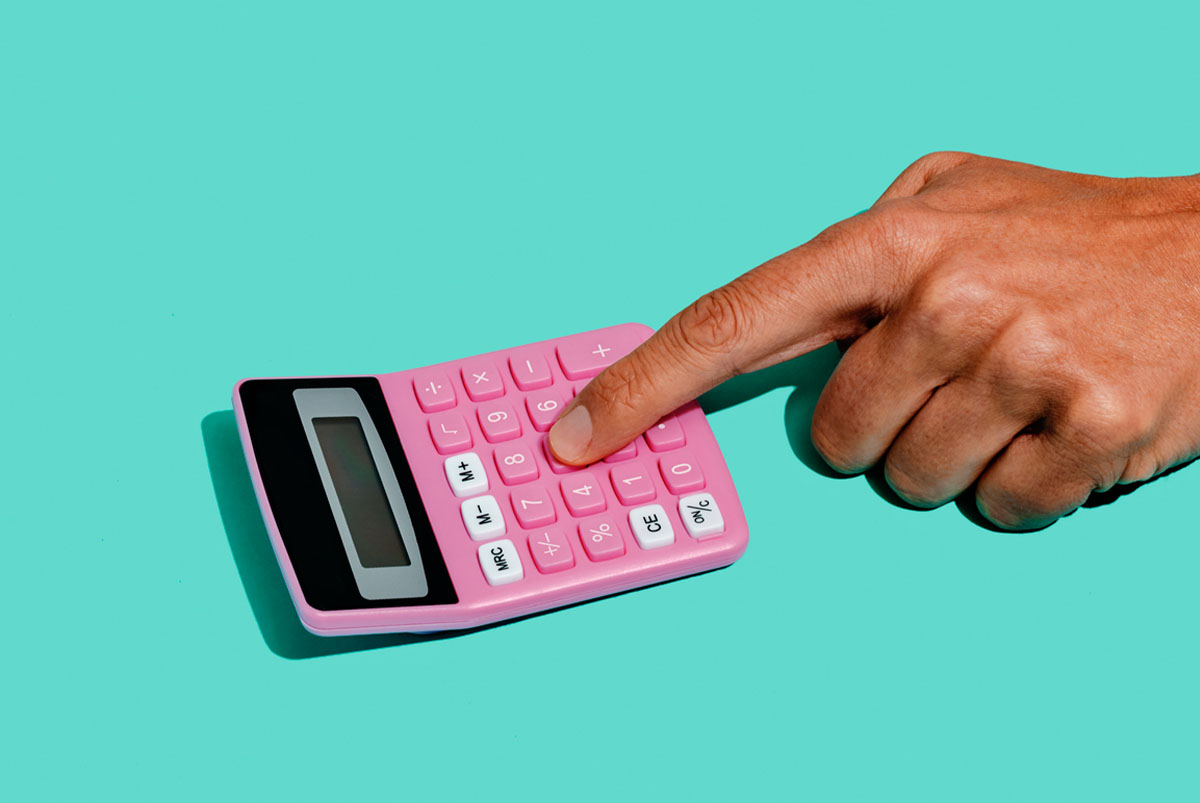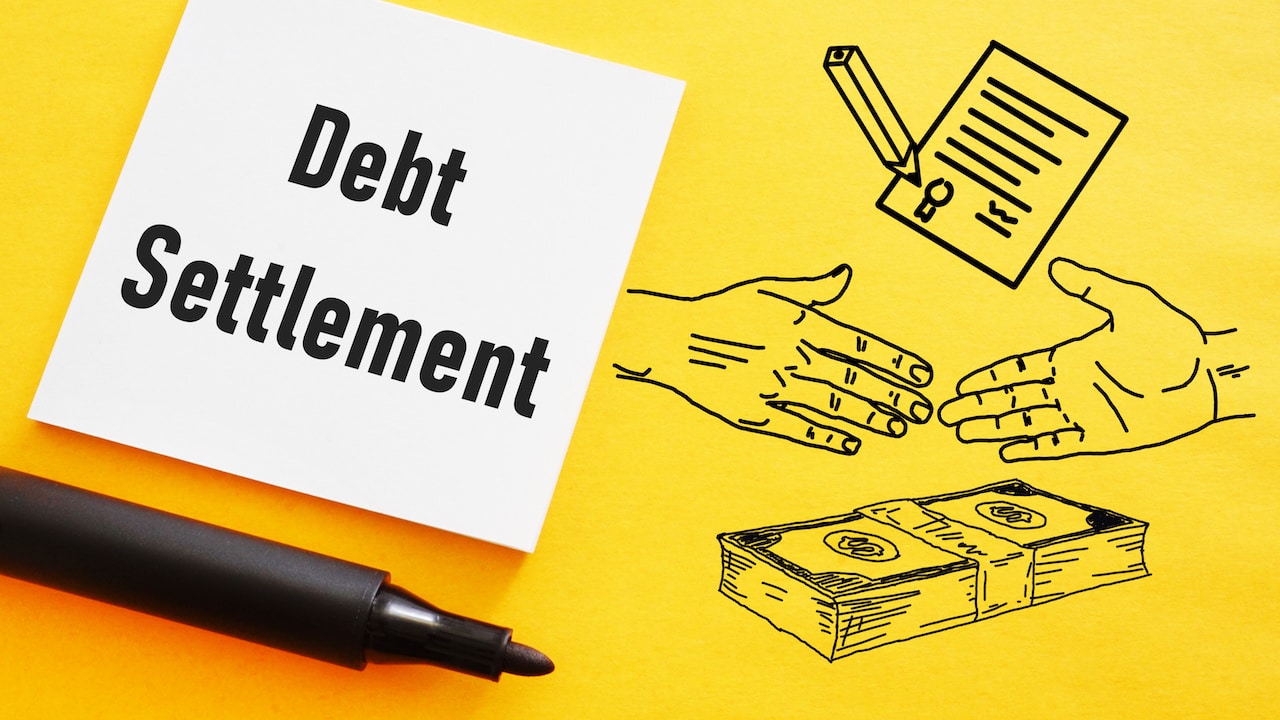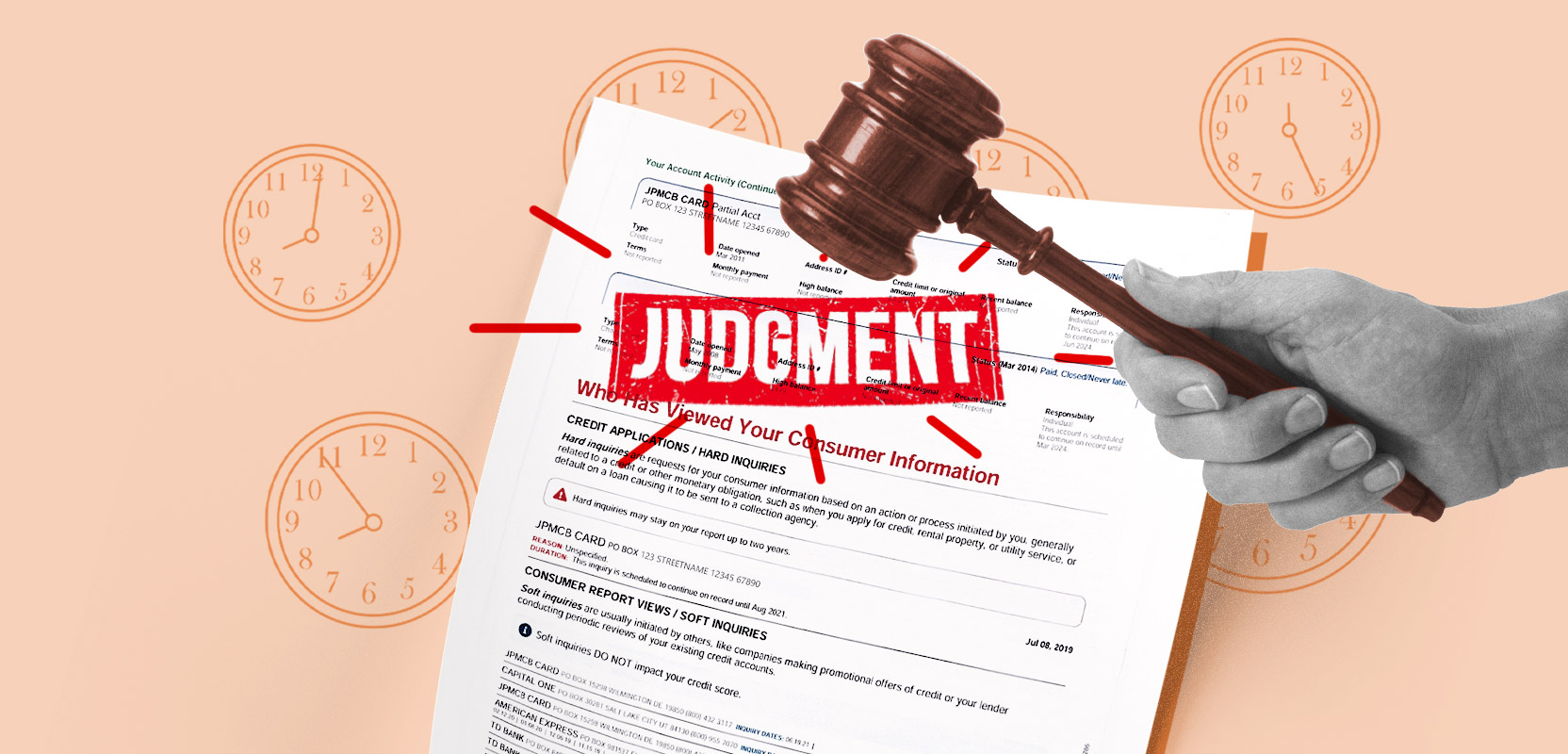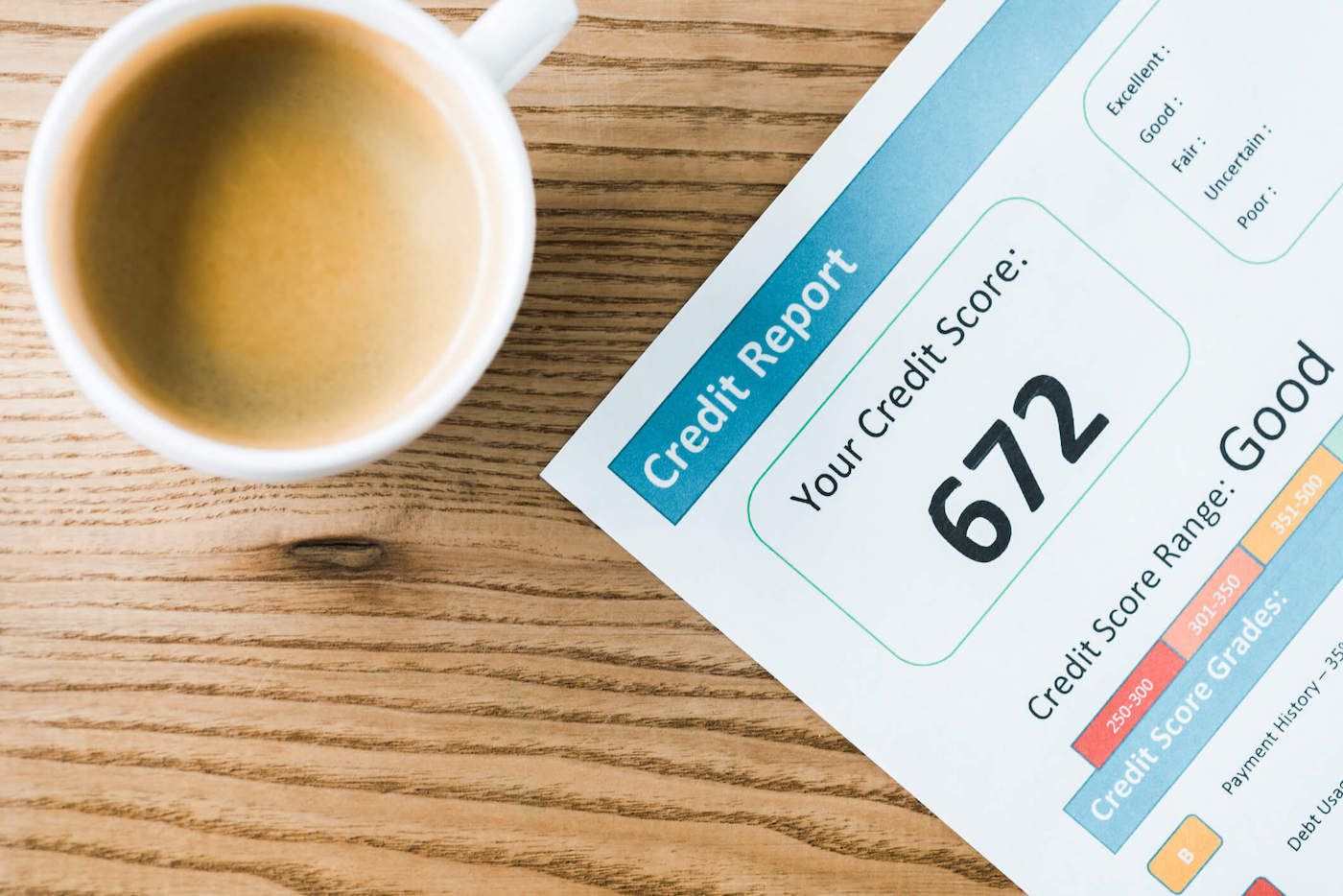Home>Finance>How Long Do Payday Loans Stay On Credit Report?


Finance
How Long Do Payday Loans Stay On Credit Report?
Modified: February 6, 2024
Learn about the impact of payday loans on your credit report and how long they stay on it. Understand the financial implications with our comprehensive guide.
(Many of the links in this article redirect to a specific reviewed product. Your purchase of these products through affiliate links helps to generate commission for LiveWell, at no extra cost. Learn more)
Table of Contents
Introduction
Understanding the Impact of Payday Loans on Credit Reports
Payday loans have become a popular option for individuals seeking quick access to cash. However, the impact of payday loans on credit reports is a topic of concern for many borrowers. In this comprehensive guide, we will explore the intricacies of payday loans, their influence on credit reports, and the duration for which they remain visible in credit histories. By delving into these aspects, we aim to provide a clear understanding of how payday loans can affect your financial standing and creditworthiness.
Throughout this article, we will uncover the fundamental details about payday loans, including their nature, the implications they have on credit reports, and the long-term consequences they may pose. Additionally, we will shed light on the duration for which payday loans stay on credit reports and the potential impact on credit scores. By delving into these critical aspects, readers will gain valuable insights into managing their financial decisions and understanding the implications of payday loans on their credit standing.
What Are Payday Loans?
Payday loans, also known as cash advances or payday advances, are short-term, high-interest loans typically sought by individuals who require immediate funds before their next paycheck. These loans are often utilized to cover unexpected expenses, such as medical bills, car repairs, or other urgent financial needs. Payday loans are characterized by their accessibility and swift approval process, making them an attractive option for individuals facing urgent financial constraints.
Typically, payday loans are obtained by providing proof of income and a post-dated check, or by allowing the lender to directly access the borrower’s bank account to withdraw the loan amount, along with applicable fees, on the borrower’s next payday. The convenience and speed of acquiring payday loans have contributed to their widespread use, especially among individuals with limited access to traditional forms of credit.
It is important to note that payday loans often come with exorbitant interest rates and fees, which can result in a cycle of debt for borrowers who struggle to repay the loan within the stipulated timeframe. The short-term nature and high costs associated with payday loans have raised concerns about their impact on borrowers’ financial well-being and creditworthiness.
How Payday Loans Affect Credit Reports
Payday loans can have varying effects on credit reports, depending on how they are managed and repaid. In general, payday loans may not directly impact credit reports if they are repaid on time and in accordance with the terms of the loan agreement. However, if a borrower defaults on a payday loan or enters into a debt repayment plan, it can significantly influence their credit standing.
When borrowers fail to repay payday loans and the debt is sold to a collection agency, it can result in a negative entry on their credit report. This negative mark can lower the borrower’s credit score and remain on their credit report for an extended period, impacting their ability to access favorable credit terms in the future. Additionally, lenders and financial institutions may view a history of payday loan defaults as a red flag, potentially affecting the borrower’s eligibility for future credit products.
It’s important to understand that while payday loan activity may not always be reported to the major credit bureaus, defaulting on these loans can have severe consequences for credit reports. As such, borrowers should exercise caution and consider the potential ramifications before opting for payday loans as a financial solution.
How Long Do Payday Loans Stay on Credit Reports?
The duration for which payday loans remain on credit reports can vary based on the reporting practices of the credit bureaus and the specific regulations governing credit reporting in different jurisdictions. In general, negative information, including defaulted payday loans, can stay on credit reports for up to seven years from the date of the initial delinquency.
It’s important to note that the impact of payday loans on credit reports is not solely determined by their presence on the report, but also by how recent the activity is. Lenders and financial institutions often prioritize recent credit behavior over older entries when assessing an individual’s creditworthiness. Therefore, even after the initial seven-year period, the lingering effects of a defaulted payday loan may continue to influence credit decisions.
Given the prolonged duration for which payday loan defaults can impact credit reports, borrowers should carefully consider the potential long-term repercussions before pursuing these high-cost, short-term borrowing options. Understanding the lasting implications of payday loans on credit reports is crucial for making informed financial decisions and safeguarding one’s credit standing.
Impact of Payday Loans on Credit Scores
The impact of payday loans on credit scores can be significant, particularly when borrowers default on these high-cost, short-term loans. When a payday loan is repaid on time and in accordance with the terms of the agreement, it may not directly impact the borrower’s credit score. However, if the borrower defaults on the loan, it can lead to a substantial decrease in their credit score.
Defaulting on a payday loan can result in the loan being sold to a collection agency, leading to a negative entry on the borrower’s credit report. This negative mark can lower the individual’s credit score and may signal to potential lenders that the borrower poses a higher credit risk. As a result, the borrower’s ability to access favorable credit terms in the future may be compromised.
Furthermore, the presence of defaulted payday loans on credit reports can contribute to a tarnished credit history, making it challenging for individuals to qualify for mortgages, car loans, or other forms of credit. Lenders may view a history of payday loan defaults as an indicator of financial instability, which can hinder borrowers from accessing essential financial products and services.
It’s essential for borrowers to recognize that the impact of payday loans on credit scores extends beyond the initial delinquency period. Even after the negative entry is removed from the credit report after seven years, the repercussions of defaulted payday loans may persist, influencing credit decisions and loan approvals.
Understanding the enduring impact of payday loans on credit scores underscores the importance of carefully evaluating the implications of these high-cost borrowing options and seeking alternative financial solutions to mitigate potential damage to one’s credit standing.
Conclusion
As we’ve explored the intricacies of payday loans and their impact on credit reports and scores, it becomes evident that these high-cost, short-term borrowing options can have lasting implications for individuals’ financial well-being. The accessibility and swift approval process of payday loans may offer immediate relief for those facing urgent financial needs, but the long-term consequences on credit reports and scores demand careful consideration.
Defaulting on payday loans can lead to negative entries on credit reports, which may persist for up to seven years, influencing credit decisions and loan approvals. The enduring impact of defaulted payday loans underscores the importance of evaluating alternative financial avenues and seeking viable solutions to avoid potential damage to one’s credit standing.
By understanding the duration for which payday loans stay on credit reports and the potential impact on credit scores, individuals can make informed financial decisions and safeguard their creditworthiness. Exploring alternative options, such as personal installment loans or credit union programs, can provide more sustainable avenues for addressing financial emergencies without jeopardizing long-term credit health.
Ultimately, the implications of payday loans on credit reports and scores highlight the need for prudent financial management and the exploration of alternative borrowing options that offer more favorable terms and conditions. By prioritizing financial literacy and seeking responsible credit solutions, individuals can mitigate the potential adverse effects of high-cost, short-term borrowing and maintain a healthy credit profile.














